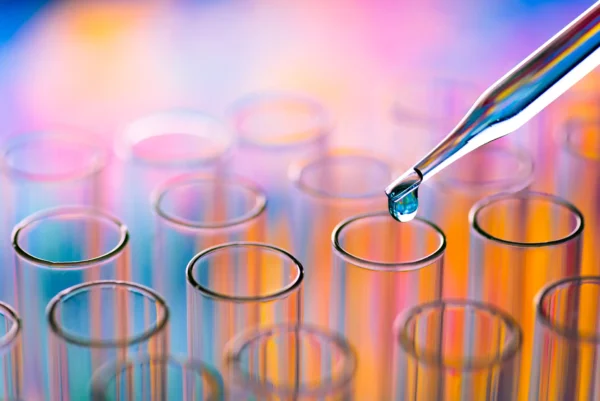Introduction
Lennox-Gastaut syndrome (LGS) and Dravet syndrome (DS) are severe forms of epilepsy that typically begin in childhood. These conditions often cause frequent seizures that are difficult to control with conventional medications. For many patients and families, the search for effective treatment can be long and challenging.
Medical Cannabis and Epilepsy
Since medical cannabis was legalised in the UK in 2018, the National Institute of Health and Care Excellence (NICE) has published recommendations concerning its use in the treatment of rare, refractory seizure conditions. LGD and DS, are two such conditions for which medical cannabis is recommended for use when other therapies have failed to adequately control seizures.
Currently, there is only one cannabis-based medical product licensed for the treatment of these conditions. Epidyolex is a pure cannabidiol (CBD) formulation that can be given alongside clobazam to manage seizure frequency and severity. Other unlicensed cannabis-based medicines, including some containing THC, can also be prescribed for epilepsy when other treatments are unsuccessful. NICE has recommended further research into the potential of CBD, and CBD in combination with THC, for the treatment of severe treatment-resistant epilepsy.
A recent retrospective chart review study aimed to evaluate clinical outcomes from the UK Early Access Program in patients aged 2-17 years with LGS or DS who have been treated with highly purified CBD (Epidyolex).
Study Design and Methods
Prior to regulatory approval for Epidyolex, some patients with LGS and DS were offered early access to medical cannabis treatment through an Early Access Program (EAP). In the UK, the EAP was launched in November 2018. The current study assessed data from child and adolescent patients who received CBD treatment at two UK sites as part of the EAP.
Children and adolescents with LGS or DS who had not responded to at least two anti-seizure medications and were not eligible for other treatments (surgery, vagus nerve stimulation, or ketogenic diet) were included in the EAP.
Patients received Epidyolex oral solution, starting with a low dose and gradually increasing it until seizures were reduced or a maximum dose was reached.
Researchers reviewed patient records to track seizure frequency, medication use, hospital visits, and any side effects.
Results and Key Findings
A total of 26 patients were enrolled in the study, all of which contributed to data at the initiation of CBD treatment. Seven patients were lost to follow-up and five discontinued CBD.
Change in Seizure Frequency
According to seizure data derived from patient seizure diaries and subjective recall from patients or carers, there was a reduction in the number of both motor and non-motor and difficult-to-quantify seizures per month over the treatment period.
Over half of patients achieved at least a 50% reduction in seizure frequency per month after 12 months of treatment. Moreover, the mean number of seizure-free days was higher at each timepoint compared to baseline.
Change in Rescue and Anti-Seizure Medication Use
All patients were taking at least one anti-seizure medication at baseline and 38% required at least one rescue medication. Over the treatment period, the use of concomitant anti-seizure medications reduced over time; however, the number of patients taking clobazam remained relatively consistent. The use of rescue medications also remained relatively stable throughout CBD treatment.
Other Findings
The number of hospitalisations and emergency department visits also remained relatively stable throughout the treatment period; however, the authors of the study note that this may be due to incomplete data or visits not being documented for all patients. Furthermore, the incidence of adverse events of special interest ranged from 53% to 70% at each timepoint and none resulted in discontinuation of CBD treatment.
Conclusions
Patients enrolled in the UK Early Access Program for treatment of Lennox-Gastaut syndrome and Dravet syndrome demonstrated a reduction in motor seizures following the initiation of Epidyolex. This is consistent with those of other EAPs and randomised controlled trials; however, a larger cohort study is required to confirm the findings.
Although these findings are encouraging, it’s important to remember that this was a small study. More research is needed to confirm the long-term benefits and safety of CBD oil for LGS and DS. Furthermore, crucial research is needed on unlicensed medical cannabis products to examine their effectiveness and safety to help provide answers and solutions to patients and their families who are affected by treatment-resistant epilepsy.





